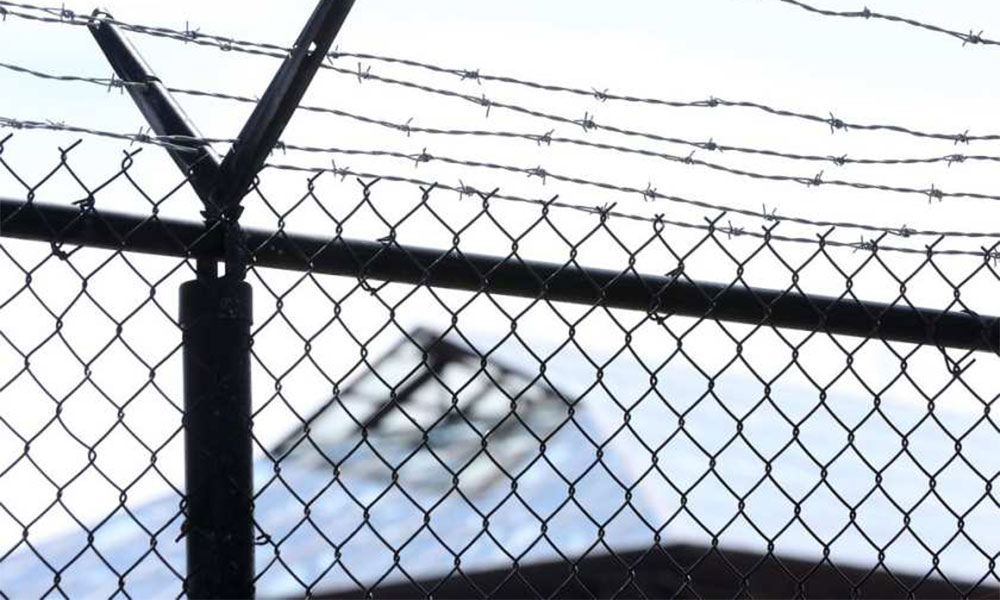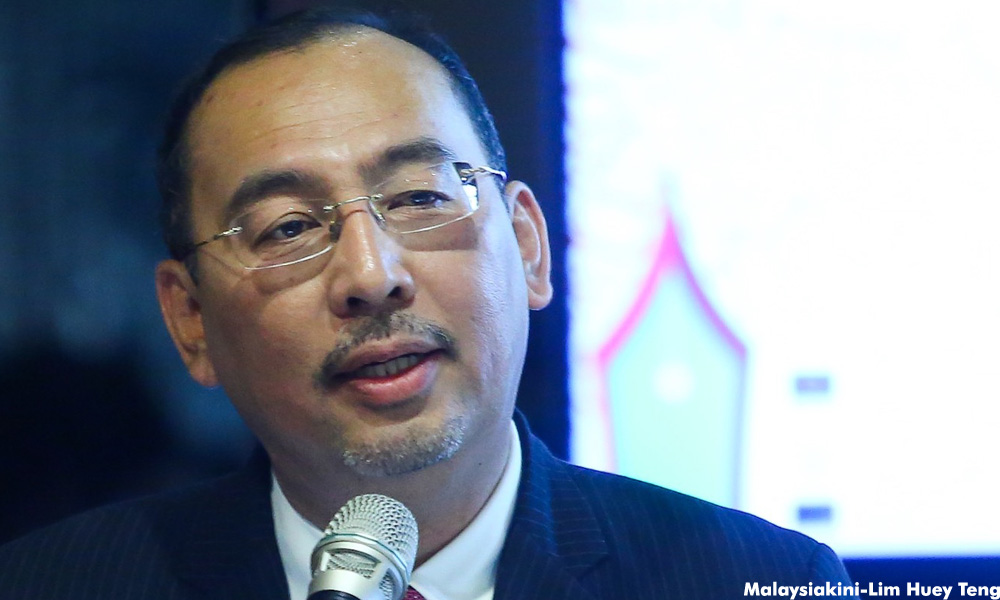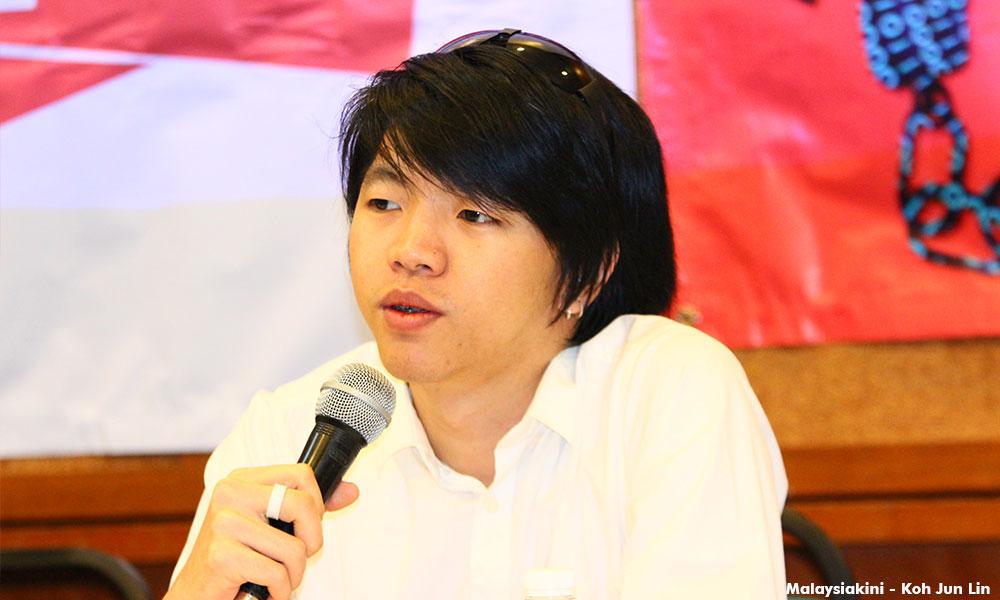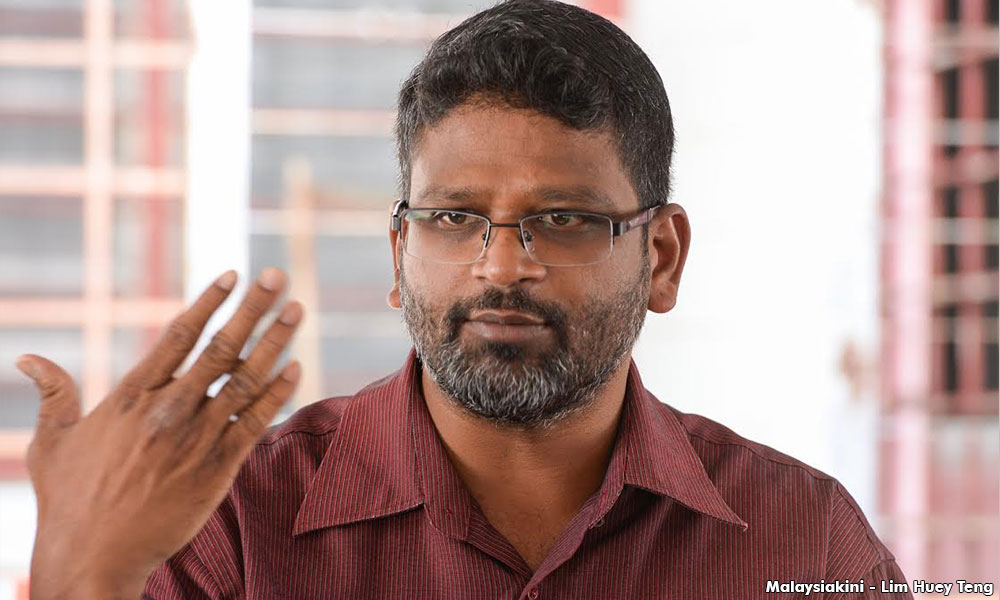
While the use of the Sedition Act 1948 has decreased, cases involving the Communications and Multimedia Act 1998 (CMA) have seen a steady rise this year.
This is according to Suaram’s Human Rights Report 2017 overview, that was launched today at the Kuala Lumpur and Selangor Chinese Assembly Hall.
The report states that the restriction on freedom of expression in Malaysia "took a turn" this year, with prosecutions under CMA on the rise.
“With the application the Sedition Act relegated to the back seat by the authorities, arrests, detentions and prosecutions made in relation to freedom of expression have largely fallen under the CMA and other laws.”
It also quoted the Deputy Communications and Multimedia Minister Jailani Johari, who told the Dewan Rakyat last month that there were 269 cases investigated under the CMA from January to September this year.

Johari also revealed that 146, or more than half of the 269 cases, were investigated under Section 233.
Section 233 of the CMA criminalises, among others, the use of network facilities or services by a person to transmit communication that is deemed offensive, and that could cause annoyance to another person.
Suaram program coordinator Dobby Chew said this trend has happened before, where they saw a rise in the Sedition Act being used right after the Internal Security Act (ISA) abolished.

Similarly, now that civil societies have strongly campaigned against the Sedition Act, the focus has instead shifted to using CMA instead, he explained.
As the scope of the CMA is very wide and covers many things, Chew said it “makes prosecution very easy”.
There also appears to be very few legal challenges against CMA cases, as most people charged under CMA tend to plead guilty at the first instance without a trial, whereas there were many legal challenges against the Sedition Act, he said.
Suaram executive director Sevan Doraisamy (photo) also said that using new laws to repress freedom of expression is a tactic used by the ruling party to keep civil societies from strategising.

“For example, we (civil societies) came together and focused on the Sedition Act, and then they started to use CMA.
“Clearly, it is to keep you busy fighting one law, then they use a new law, then you have to come up with a new coalition to fight that law.
“So the government is being very smart, (by) not letting you strategise,” he said.
Suaram also said that the government has misrepresented some Human Rights Commision (Suhakam) statements on human rights issues, such as the conditions of detention centres.
Chew quoted Parliament Hansard on April 4 this year, where Deputy Home Minister Nur Jazlan Mohamed had said that Suhakam had visited detention centres and that based on media reports on the same day, the commission appeared satisfied with the treatment by the police and conditions of these places.
A quick check of media reports on April 4 quoted Suhakam as saying that there appeared to be “little interest in the human rights of detainees” as there were issues such as overcrowding in detention centres.
Other issues highlighted by the Suaram report include their prevalent concerns with detention without trial under laws such as Security Offences (Special Measures) Act (Sosma) and Prevention of Crime Act (Poca), as well as custodial deaths and the new incidences of alleged enforced disappearance.
While they acknowledge that freedom of assembly has seen marked improvement over the years, Suaram said it is marred by crackdowns on several protests such as the arrest of Kampung Gatco residents who were trying to prevent lorries from leaving their estate with harvested rubber logs.
On the other hand, freedom of religion is on the decline this year with “growing intolerance and harassment of religious minorities”, Suaram said.
They also express concern over free and fair elections with the Election Commission attempting to implement a redelineation as well as judicial independence in the country, after the appointment of Md Raus Sharif as Chief Justice despite being over the retirement age as stated in the constitution.
There were also attacks and harassment against LGBT activists by individuals or groups, they noted.
Meanwhile, there were progress made by the indigenous people this year in bringing their plight to the forefront, Suaram said, though the situation of refugees and asylum seekers remain dire.
Finally, they noted that the long-touted reform for the mandatory death penalty has yet to happen even though it was already announced by the government.- Mkini


No comments:
Post a Comment
Note: Only a member of this blog may post a comment.